How To Budget A Video Project
By Kevin Graham
Every professional filmmaker can remember that big budget milestone: their first paid video production gig. No matter how big or small, this represented a bigger transformation, from hobby into profession.
And during that phase of your filmmaking career, one of the most important yet confusing parts of the job is figuring out how much to charge for your services.
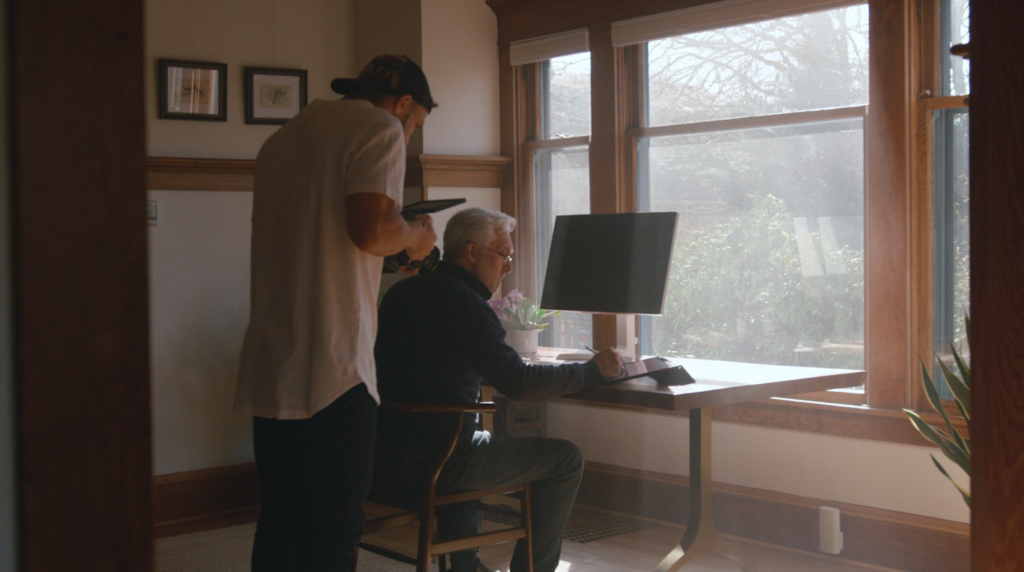
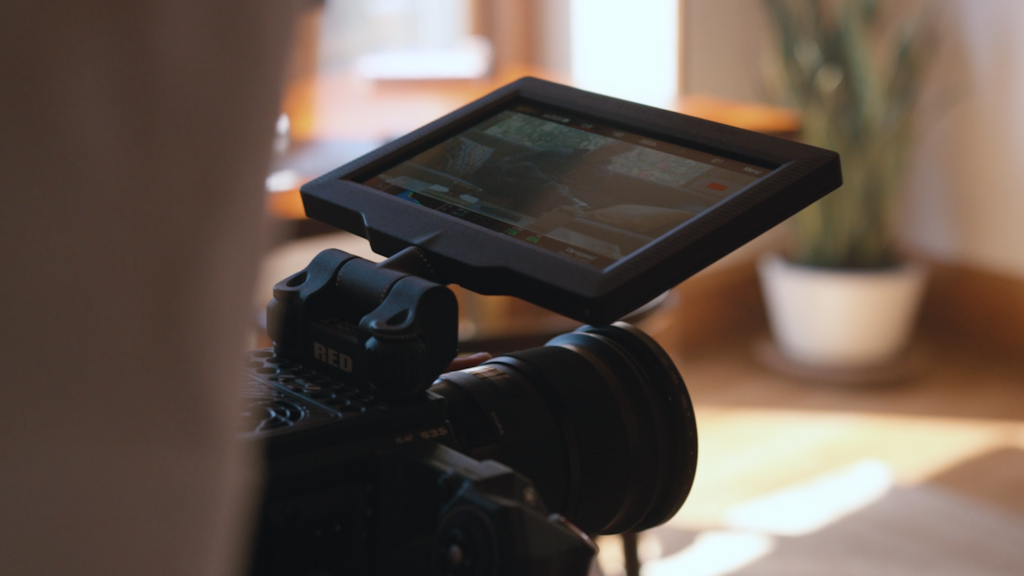
What if you bid too high and the client walks away? What if you bid too low and miss out on potential income?
It’s a complex question, but we’re going to do our best to show you how to budget a video project.

Hard Costs and Gear
First thing’s first, you need to determine your hard costs. These are the things that cost you money in the first place, such as gear rental, transportation, travel, crew, location permits, talent fees, craft service, props, and stock footage and music.
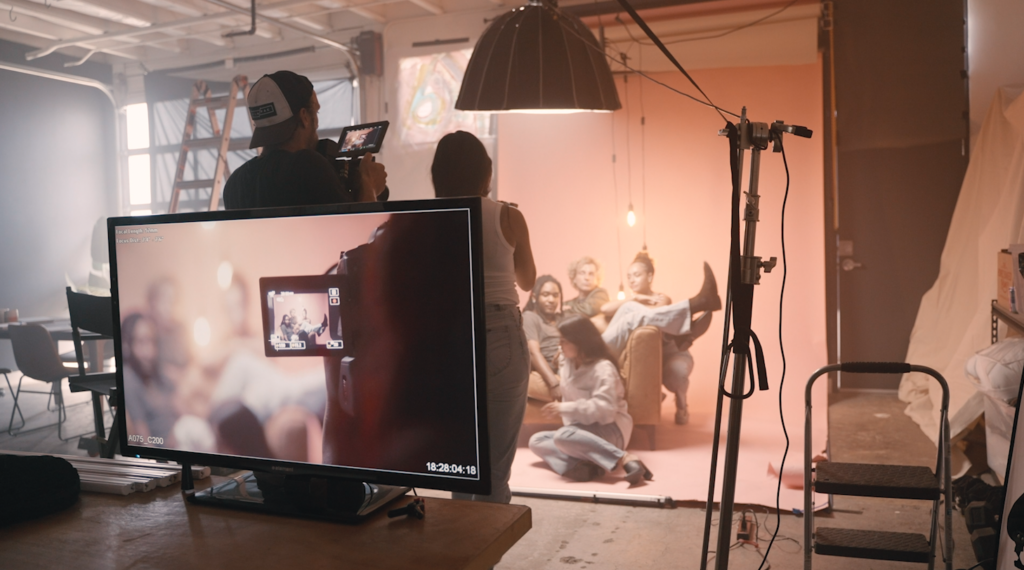
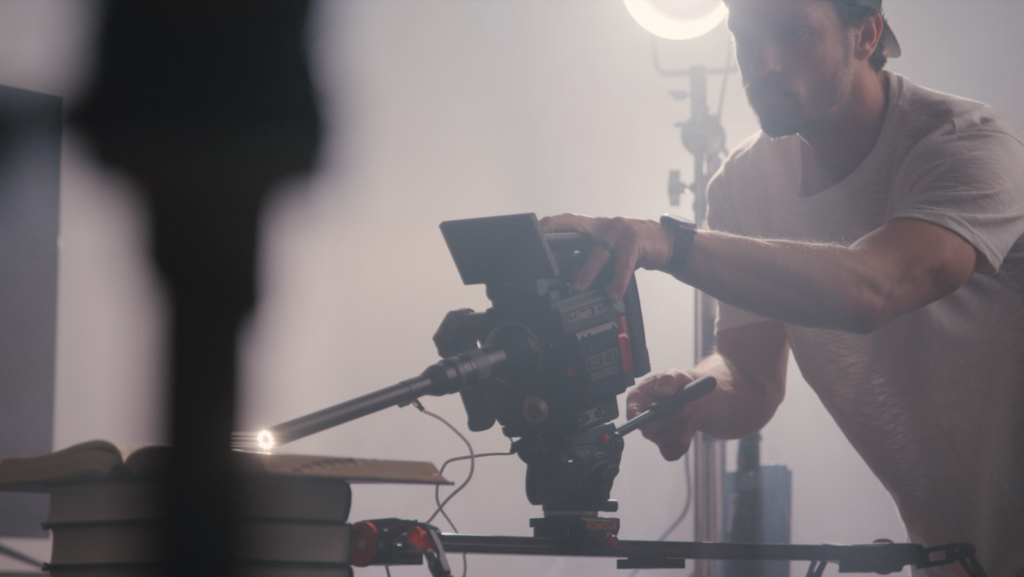
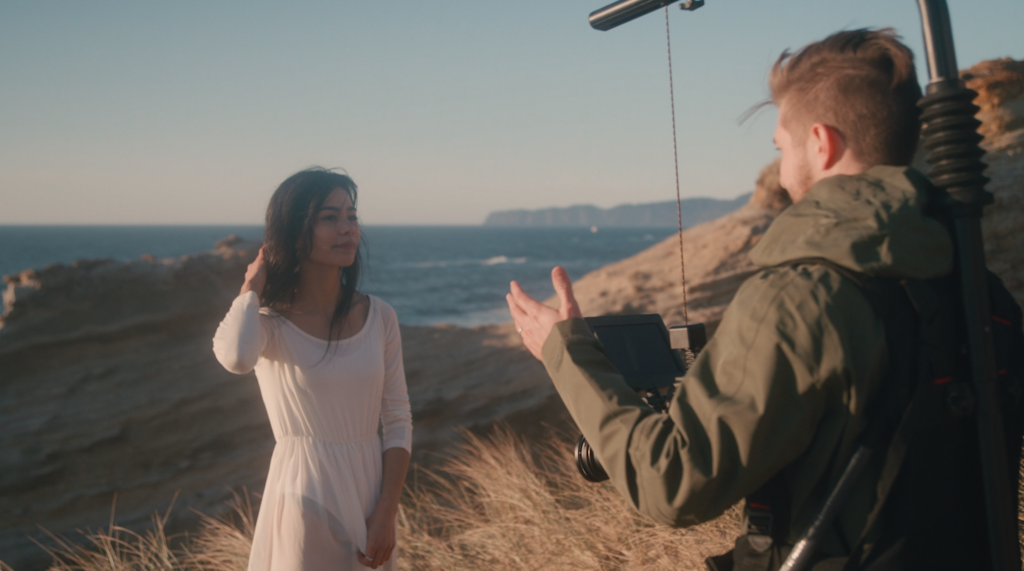
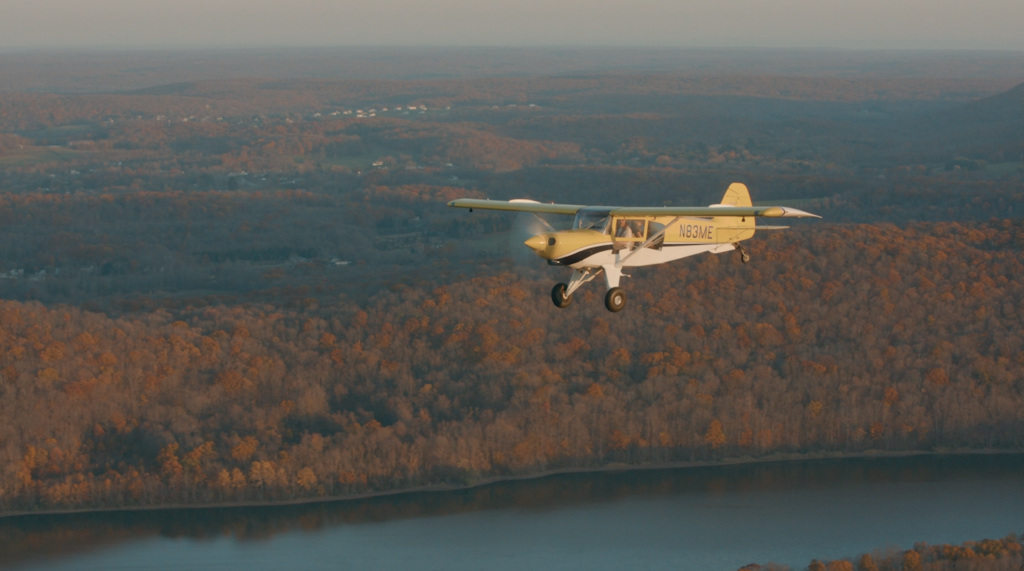
Obviously, you need to be able to recoup these costs. But beyond that, you need to make sure you’re marking these costs up (usually 10%-15%) to cover your additional billing expenses such as time, tax liability, accounting, etc.
And what about gear that you already own, such as your camera and lighting? Add these things as line-items too, with a per-day rate for a fair market rental value. You can use online rental shops to help determine this.

Pre-Production and Travel
Ideally, you’ll have one or more meetings with the client about the project before filming, and you’ll be able to scout your location, too. Going through these extra steps will help inform you of what you need to do to get the job done right, how long the project will take, and what types of hard costs you’ll incur.

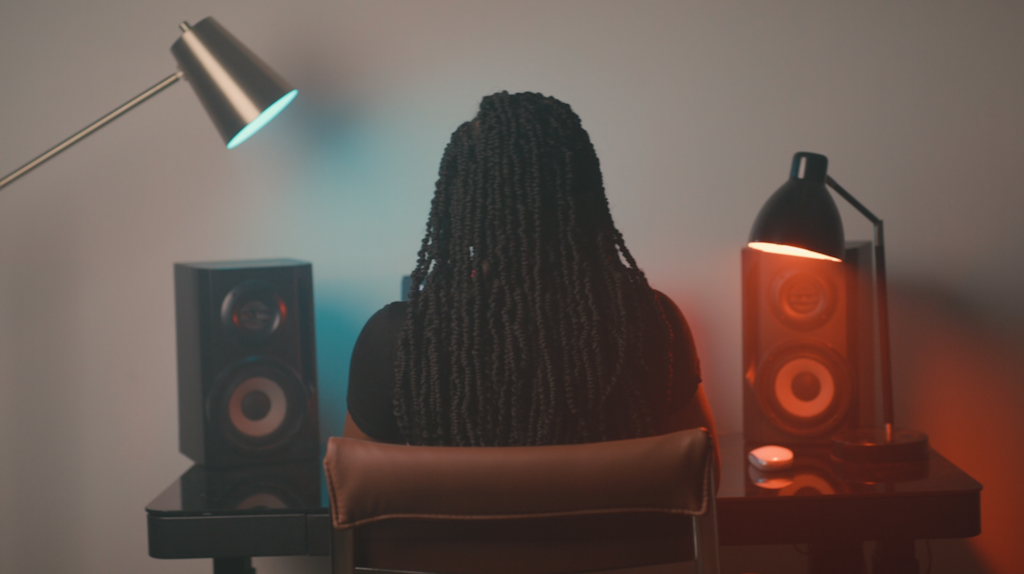
This pre-production process is also where creative services, scriptwriting, and storyboarding come into play, all of which can (and should) be billed for.
For both pre-production hours and (if necessary) travel days, it is common to charge 50%-75% of your general production rate (more on that in a bit).
Production
Production rates are typically billed as a 10 hour day rate rather than hourly, but you can tweak this if needed.

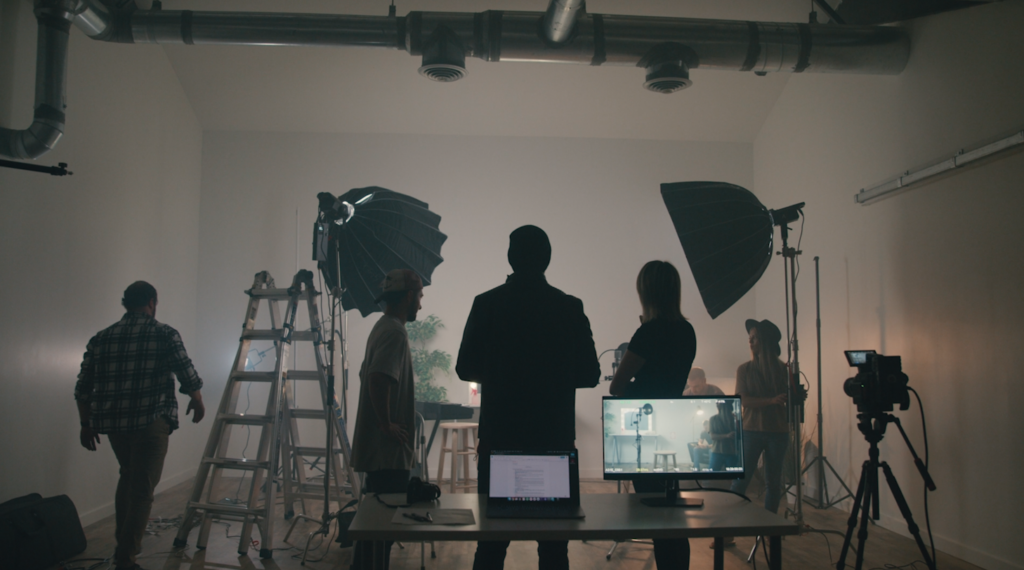
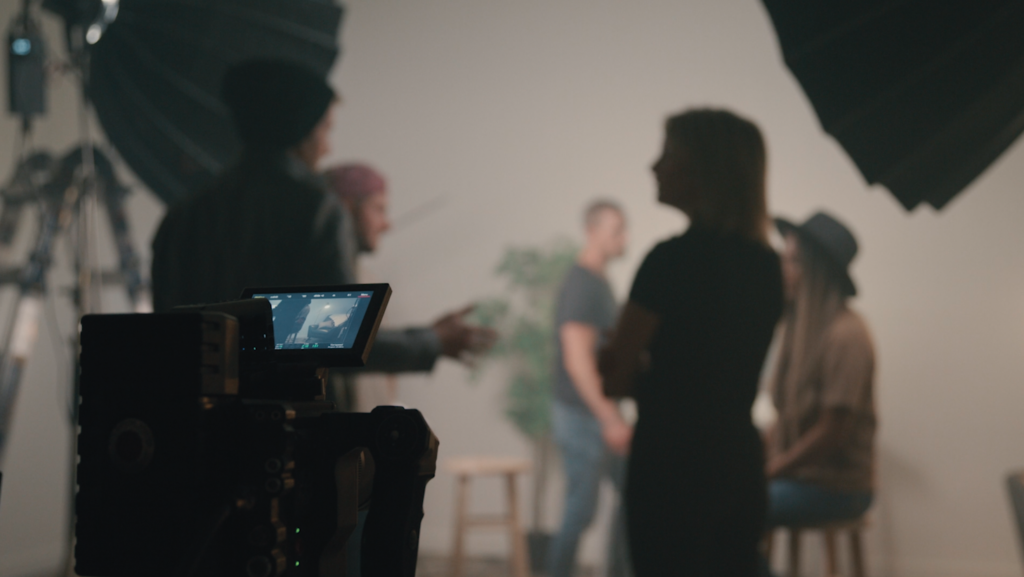
In the commercial production world, a full day rate for a DoP can be anywhere from $500 to $5,000 per day (in addition to any gear costs). This rate will depend on your location, experience, and abilities, but between $1,000 and $3,000 is pretty standard.
You would also add the rates of any crew you have to hire, and mark up those costs as well.
Post-Production
Generally-speaking, services such as editing, animating, and audio work are billed on an hourly basis. Common post-production rates range between $75 and $300 an hour, with $150 being fairly standard in many markets.
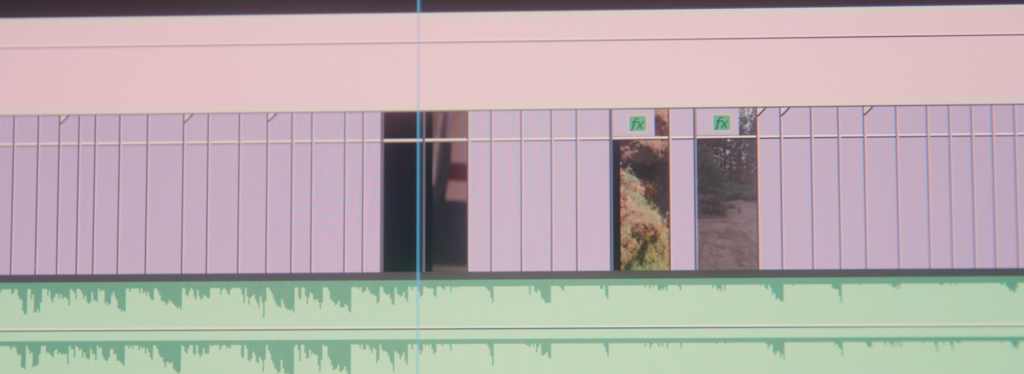
You don’t necessarily have to line-item all of these different phases, as long as the client knows how many total hours were spent in post.
And usually, your profit margins in post-production will even exceed what you make during production, because you usually don’t have very many hard costs during this step.
Sample Budget
Here’s a sample budget for a hypothetical project:
Hard Costs – $1,350
– Lighting and Lens Rentals – $500
– Craft Service – $250
– Transportation – $150
– Music Licensing – $100
– Location Permit – $150
– Talent Fee – $150
– Props – $50
Pre-Production – $825
– Meetings – $75/hr x 2 – $150
– Location Scouting – $75/hr x 3 – $225
– Creative / Storyboarding – $75/hr x 6 – $450
Production – $7,100
– DoP – $1,500/day x 2 – $3,000
– Production Assistant – $350/day x 2 – $700
– Sound Mixer – $950/day x 2 – $1,900
– Grip / Gaffer – $750/day x 2 – $1,500
Post-Production – $3,600
– Editing – $150/hr x 16 – $2,400
– Sound Mix – $150/hr x 2 – $300
– Color / Finishing – $150/hr x 4 – $600– Storage (Hard Drive) – $300
Total: $12,875
Obviously, your own numbers will differ from this, and you may need more or less items in each section, but the basic structure is there.
It’s also a good idea to do your best to work this all out before filming, so you can provide a rough estimate to the client to ensure you’re both on the same page. And a signed scope-of-work contract can protect you financially and prevent miscommunication during or after the gig.

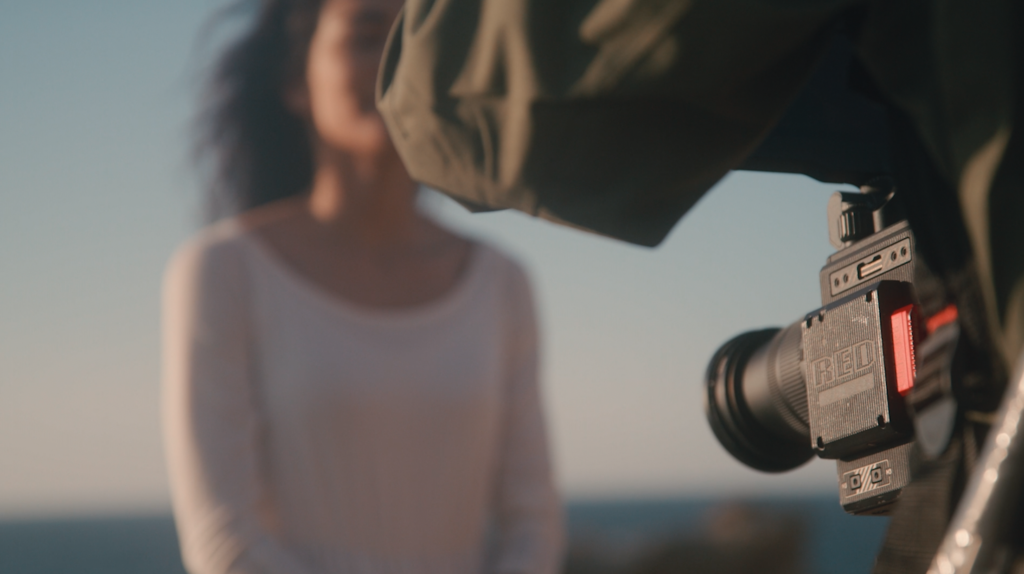
Budgeting a video project can seem daunting for the new professional. But if you take this section-by-section approach, you’ll have better control of your project and you’ll be able to budget anything that comes your way.
Kevin is the Music Director and Lead Composer at Filmpac.


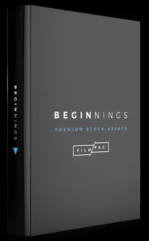
 Filmpac is a premium stock footage + music membership library.
Filmpac is a premium stock footage + music membership library.